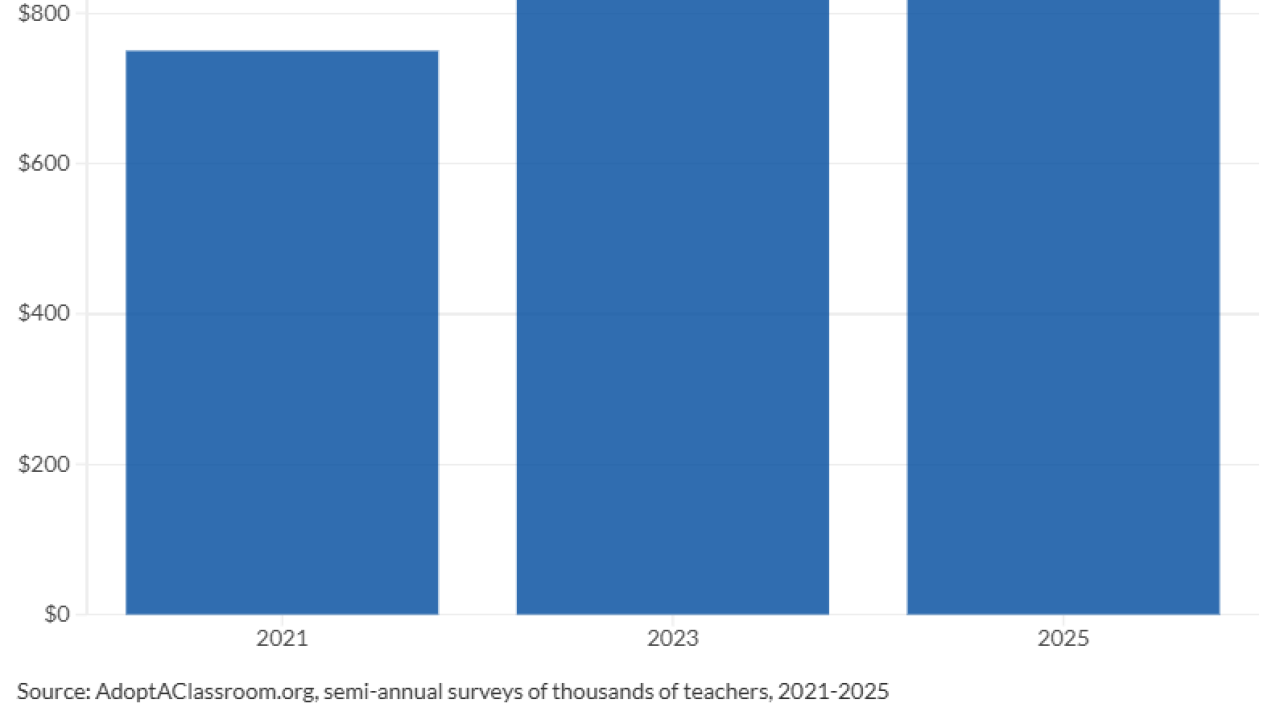The organization aiming to set worldwide climate reporting requirements for decades to come is under fire for putting corporate interests ahead of the planet’s.
In coming months,
The ISSB has authority because its founding parent, the IFRS Foundation, developed the financial reporting standards now used in more than 140 countries. The ISSB process was sped up in response to the
But sustainability advocates and accountants say the ISSB’s
One contentious issue is that while the ISSB’s proposals require companies to disclose the material impact of outside ESG risks on their business, they don’t explicitly require companies to provide detailed disclosures about the impact of their operations on the environment and society. This seemingly arcane but salient idea of “double materiality” has, for example, been
That gap in the ISSB’s proposals “is of grave concern to me,” said Celine Bak, who served on the technical working group of the Climate Disclosure Standards Board, later incorporated into the ISSB. “It’s creating an extremely dangerous precedent that the social and environmental issues only matter insofar as they affect profitability, and that will have reverberating effects.”
Andrew Steel, global head of Sustainable Fitch, agrees that the risk should be measured both ways — societal impact on a company, as well as company impact on society. “Often these aspects are interlinked, and therefore to consider them from a single perspective potentially underestimates the negative or positive impact,” Steel wrote in an email.
The ISSB is receiving comments on its proposals through Friday and plans to complete the standards by the end of the year, depending on the feedback.
“It’s not that the IFRS thinks that double materiality isn’t important,” said a spokesman for the IFRS Foundation. “If we get a lot of feedback saying we should do double materiality, we’ll do a reconsideration.”
ISSB says its reporting standards are intended to focus on environmental and social issues that may affect a company’s value, so investors can make better informed decisions about where to put their money. The standards are voluntary, though most countries are expected to adopt them, as they have IFRS. Some countries may impose their own, tougher requirements.
To strengthen its position, the ISSB organization recently struck an
“GRI is about non-financial materiality, we are about financial materiality,” said Emmanuel Faber, ISSB chair and former CEO of food company Danone SA, in an interview. “We are bringing a suite… of solutions for companies to report against the full materiality spectrum."

Some observers also criticize the ISSB proposals because they don’t require companies to chart a clear path to keeping global temperatures increases to 1.5 degrees Celsius, in line with warnings issued by the Intergovernmental Panel on Climate Change.
Companies should be encouraged to “align their plans and objectives to this target by adopting clear timescales and milestones,” said Laurent Babikian, joint global director of capital markets at CDP, a nonprofit that runs a global disclosure system, in an email.
The IFRS says that goes beyond its remit. “It’s not the place of the IFRS to say to an individual jurisdiction: ‘You must have this climate goal,’” the IFRS spokesman said.
The ISSB organization was created last year following demands by ESG investors frustrated by wide variations in corporate reports and the multiplicity of disclosure frameworks. ISSB board members include prominent experts in accounting and sustainability, including former BlackRock Inc. director of ESG integration
The ISBB proposals are based on existing reporting guidelines from the Task Force on Climate-related Financial Disclosures and the Sustainability Accounting Standards Board (which has since been consolidated into the ISSB.) The TCFD is chaired by Michael Bloomberg, the founder of Bloomberg News parent Bloomberg LP.
— With assistance from Natasha White





